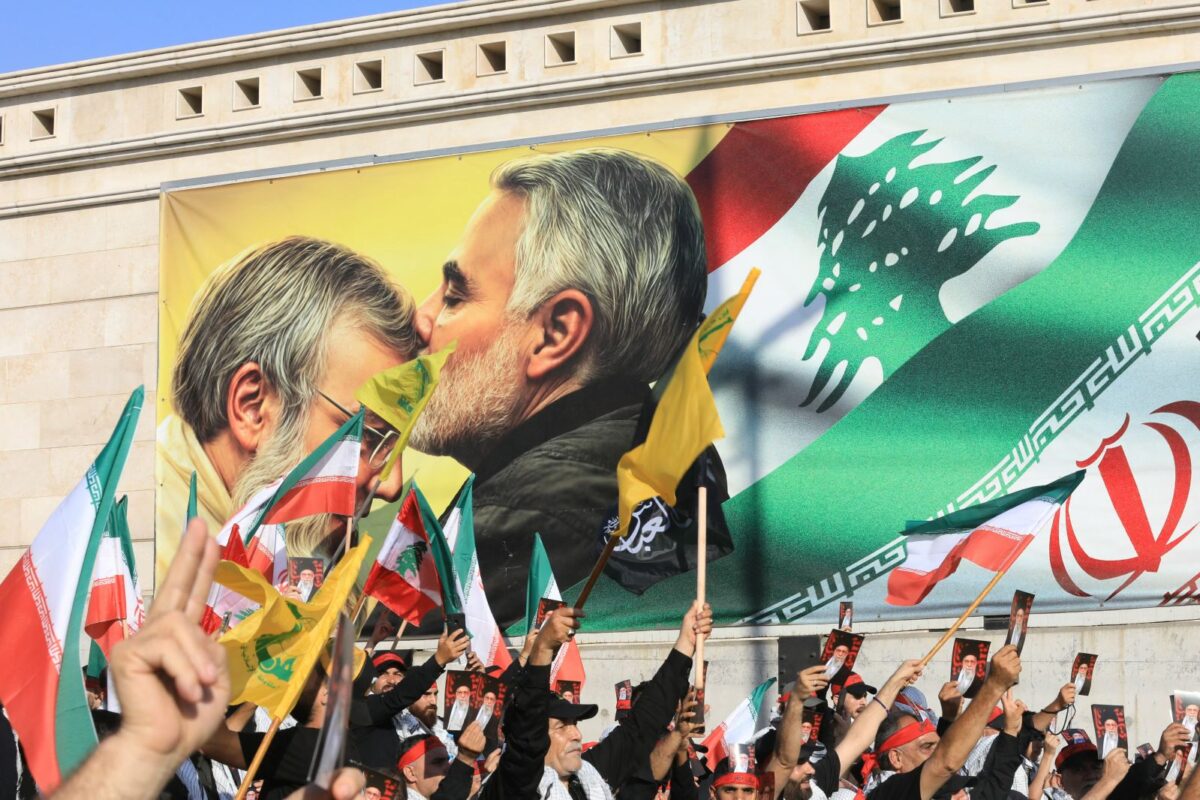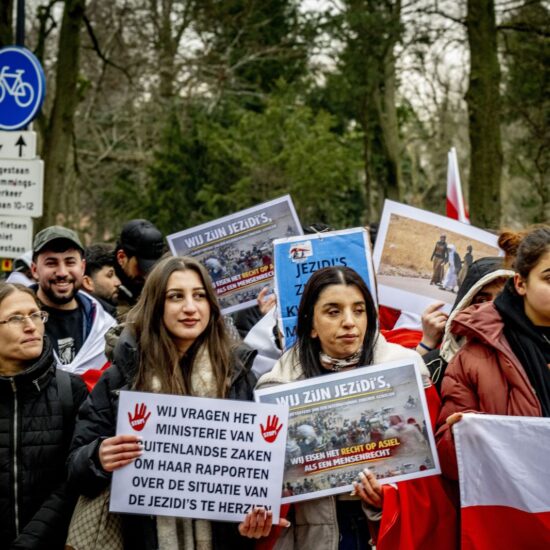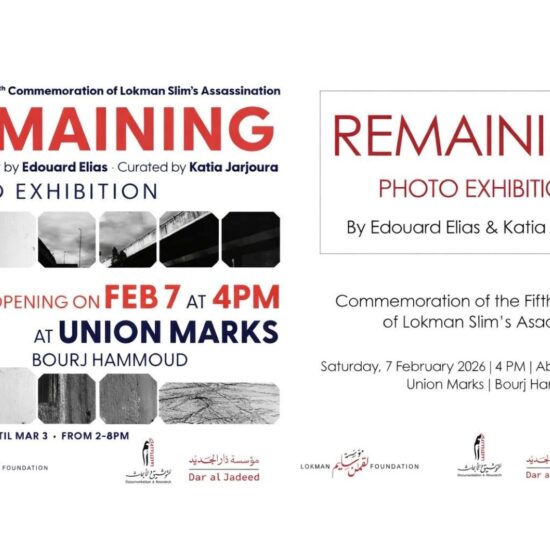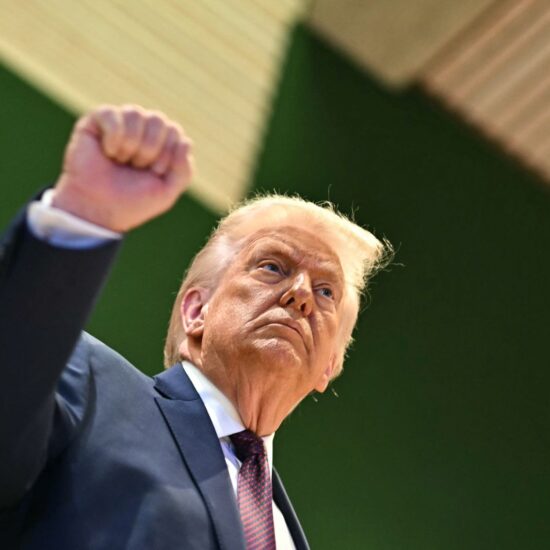
What Hezbollah’s Celebration Reveals About the New Era
As images of celebration spread across Beirut’s southern suburbs, one could easily mistake the moment for triumph. Flags were raised, speeches were delivered, and statements echoed with defiance. For Hezbollah and its supporters, the U.S.-brokered ceasefire between Iran and Israel was framed not as a retreat, but as a “victory.” The war was over, and they had survived.
But survival is not victory. And this moment, for all its symbolic gestures, reveals something far more telling about Hezbollah’s current position and Lebanon’s trajectory.
This was not a win. It was an endurance test. And Hezbollah passed it, barely. The real victory was not military, it was existential. The regime in Iran, Hezbollah’s strategic backbone, absorbed a surgical dismantling of its nuclear infrastructure, was forced to the negotiating table, and did not retaliate. Yet for Hezbollah’s base, the fact that Tehran still stood, still speaking, still resisting, was enough to spark celebration.
Why? Because they know what was at stake.
Had Iran collapsed—or been pushed one step further—Hezbollah’s entire role would have unraveled. What the group is celebrating is not strategic progress; it’s the preservation of relevance. And that shift, subtle but seismic, marks the beginning of a new era.
The threshold for “victory” has changed. Resistance used to mean shaping the course of history. Now, it means surviving history’s recalibration. And for a group whose legitimacy was once rooted in its promise to liberate Palestine and counter imperialism, the quiet survival of a regime entering talks with the U.S. is not just ironic, it’s revealing.
But if Hezbollah’s public posture is about resilience, its deeper signals are about weakness. The resistance axis today is no longer resisting. It is repositioning, reframing, and clinging to continuity. For the first time in decades, the momentum has shifted away from expansion and toward limitation.
And yet, here in Lebanon, that shift has not triggered the kind of political or moral reckoning it should.
Will negotiations over Hezbollah’s arms resume behind closed doors? Will the Lebanese state continue to tolerate an armed faction operating beyond its authority? Will we keep pretending that fragile coexistence, built on denial and silence, is the price of stability?
Or will we finally ask the questions we’ve avoided for years?
This moment demands more than geopolitical commentary. It demands national introspection. Because Lebanon’s crisis is not just economic or institutional, it is psychological. It is rooted in a collective refusal to confront the truths we know, the power dynamics we endure, and the narratives we cling to.
A party that still refuses to disarm continues to dominate public life. A ruling class built on sectarian loyalty and clientelism remains intact. We approach another round of elections with the same faces, the same slogans, and the same delusion that minor reforms will fix foundational problems.
We need a political project that recognizes this moment for what it is: an opportunity to confront, not conceal. To tell the truth and not sugarcoat it. To say, clearly, that a Lebanon ruled by fear and denial cannot move forward.
The regional war may be over. But the Lebanese war with itself is not. And fake victories—celebrated in Dahieh or defended in the halls of power—only prolong the paralysis.
We are tired. Tired of false triumphs. Tired of recycled rhetoric. Tired of pretending that stability is peace, and silence is consensus.
This ceasefire should not just mark the end of one war. It should mark the beginning of a long-overdue reckoning with who we are, what we accept, and what we allow to define our national identity.
Because Lebanon doesn’t just need quiet. It needs clarity. And clarity needs change.
Ramzi Abou Ismail is a Political Psychologist and Senior Research Fellow at the Institute for Social Justice and Conflict Resolution at the Lebanese American University.
The views in this story reflect those of the author alone and do not necessarily reflect the beliefs of NOW








